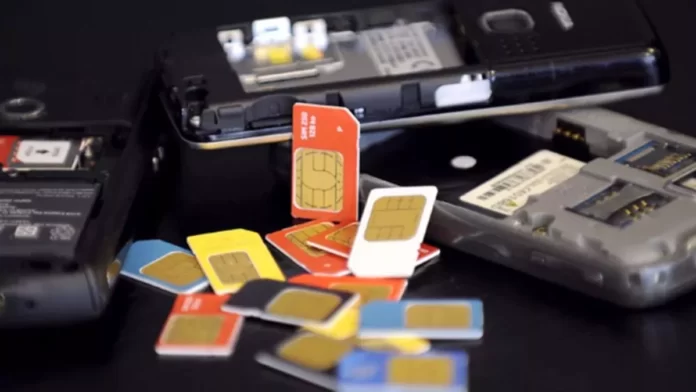Welcome to our comprehensive coverage of the recent developments in SIM card sales regulations! In this article, we’ll delve into the new rules for selling SIM cards introduced by the Department of Telecommunications (DoT). With the disconnection of 52 lakh SIM cards, the DoT aims to enhance security measures and streamline the process of acquiring and using SIM cards. Let’s explore the key aspects of these new regulations and their implications.
1. Enhanced Security Measures
The new rules introduced by the DoT emphasize enhanced security measures when it comes to selling SIM cards. With the disconnection of 52 lakh SIM cards, the government is sending a clear message about the importance of verifying user identities and ensuring that SIM cards are only acquired by legitimate users.
2. Mandatory Aadhaar Authentication
One of the key changes in the new regulations is the mandatory Aadhaar authentication for purchasing SIM cards. This step aims to link the purchase of SIM cards to the user’s unique Aadhaar identity, adding an additional layer of verification and reducing the chances of misuse.
3. Curbing Unlawful Activities
The disconnection of 52 lakh SIM cards highlights the government’s commitment to curbing unlawful activities that might be facilitated by unverified or improperly acquired SIM cards. By enforcing stricter regulations and authentication processes, the DoT is taking significant steps towards maintaining national security and preventing misuse.
4. Digital Verification Processes
The new rules also encourage digital verification processes for purchasing SIM cards. This not only simplifies the process for users but also ensures that the information provided during the purchase is accurate and reliable. Digital verification can streamline the process while maintaining the necessary security measures.
5. User Convenience and Compliance
While the new regulations emphasize security and compliance, they also aim to maintain user convenience. By integrating digital verification and Aadhaar authentication, the process of acquiring a SIM card becomes efficient and user-friendly, ensuring that legitimate users can enjoy uninterrupted communication services.
6. Importance of Data Privacy
The DoT’s focus on mandatory Aadhaar authentication also raises discussions about data privacy and security. While the move aims to enhance security, it’s important for authorities to prioritize safeguarding users’ personal information and ensuring that it’s handled responsibly.
7. A Safer and Connected Future
As the DoT takes action to enforce new rules for selling SIM cards, it’s clear that the government’s priority is to create a safer and more connected future. By disconnection, verifying identities, and streamlining processes, they’re striving to strike a balance between convenience and security in the digital age.
Conclusion
The introduction of new rules for selling SIM cards, along with the disconnection of 52 lakh SIMs, showcases the DoT’s commitment to strengthening security measures and preventing misuse. By emphasizing mandatory Aadhaar authentication and digital verification processes, the government aims to ensure that SIM cards are acquired by legitimate users while maintaining user convenience. As we move forward, it’s important to acknowledge the balance between security, privacy, and connectivity in an increasingly digital and interconnected world.


